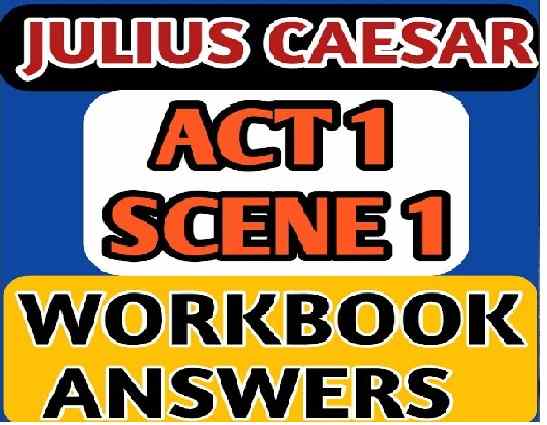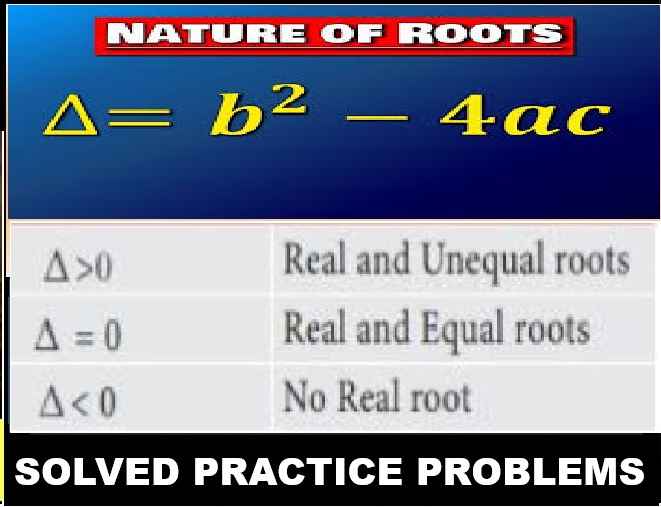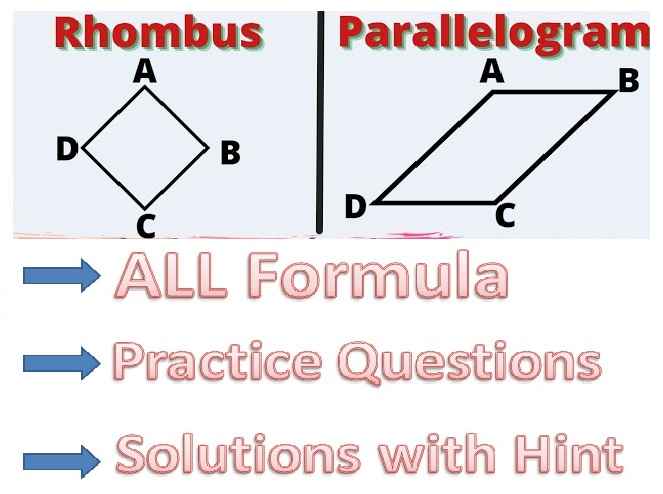Julius Caesar Act-1 Scene-1 Context Questions: ICSE Class 9 Workbook Solutions of Eng Drama. Context Questions are very common in English Drama because it help in the evaluation of skill among students. Visit official website CISCE for detail information about ICSE Board Class-9 English.

Julius Caesar Act-1 Scene-1 Context Questions:
ICSE Class 9 Workbook Solutions of Eng Drama
| Board | ICSE |
| Subject | English |
| Class | 9 |
| Book Name | Julius Caesar (Workbook ) |
| Session | 2024-25 |
| Topics | Solutions of Act-1, Scene-1 |
| Question Type | Context Questions |
Context Questions of Act-1 Scene-1
ICSE Class 9 Workbook Solutions of Eng Drama
Que: Read the extract given below and answer the questions that follow
Wherefore rejoice? What conquest brings ….. …… bonds his chariot-wheels?
Que-1: Who speaks these lines? To whom are these words addressed?
Ans: Marullus, speaks these lines. These lines are addressed to the common citizens who have gathered on the streets of Rome to celebrate victory.
Que-2: Who is ‘he’ referred to in the first line of the extract? What does the speaker want to convey to the listeners?
Ans: In these lines He’ refers to Julius Caesar. Marullus wants to convey his anger and disapproval at the citizen for foolishly celebrating Caesar’s victory over Pompey.
Que-3: What is the conquest referred to in the extract? Why has the conqueror not brought any territories to Rome by his conquest?
Ans: The conquest being referred to is Caesar’s victory. He defeated of his rival Pompey and his sons at the war of Pharsalus. Although Caesar has not brought any new territories for Rome because his war against Pompey was a civil war for supremacy, not one aimed at expanding the Roman Republic.
Que-4: How does the speaker show his anger towards the listeners after the extract?
Ans: speaker show his anger towards the listeners after the extract by calling them “blocks, stones, worse than senseless things” for their foolishness in celebrating Caesar, having forgotten their former loyalties. He works them into a state of shame and guilt.
Que-5: Give the meanings of: (a.) What territories follow him to Rome (b). To grace in captive bonds is chariot wheels
Ans: (a.) Which new lands/provinces does Caesar bring back to Rome after his conquest (b) decorate his chariot wheels with chained captive prisoners
MARULLUS – What trade, thou knave ?…… …. …. sir, I can mend you
Que-1: Who is Marullus? Why is he angry with the citizens?
Ans: Marullus , “elected officials” is one of the tribunes of Rome. He is angry with the citizens because they are celebrating Julius Caesar’s victory over Pompey
Que-2: Why are the citizens out on the streets?
Ans: citizens have taken holiday and are out in the streets of Rome with intention of celebrating Caesar’s triumph(victory) over the Pompey and his sons
Que-3: What has the second citizen said just before this extract to annoy Marullus? What is his profession?
Ans: the second citizen has smartly answering at Marullus’s enquiry about his trade by making fun about cobbling and mending shoes. The second citizen is a cobbler by profession.
Que-4:
a. Give the meanings of: (i). If you be out (ii). I can mend you
b. How does the second citizen reveal his identity later?
Ans:
a. (i). If you are angry/provoked. (ii) I can repair things with you (punning on his profession as a cobbler)
b. The second citizen reveals he is a cobbler by making puns on cobbling / mending shoes when answering Marullus.
MARULLUS – And when you saw his chariot … …. ….. ….. Made in her concave shores?
Que-1: Who is Marullus referring to? Where did the people gather to see his chariot?
Ans: Here Marullus is referring to Pompey. The Romans had gathered by river banks of Tiber to see Caesar’s victory chariot
Que-2: What do ‘replication’ and ‘concave shore’ mean? Explain the last two lines of the extract.
Ans: ‘Replication’ means echo or reverberation; while ‘concave shores’ refers poetically to the curved banks of the Tiber river. Marullus says that when Pompey’s chariot appeared, the people’s ecstatic shouts were so loud and frenzied that the sound echoed and reverberated along the hollow, concave river banks.
Que-3: What does Marullus tell them to do to repent for their mistake?
Ans: Marullus tells the citizen to go back home, fall on their knees, and wash their tears as regret into the Tiber river to repent for their mistake of celebrating Caesar’s victory over Pompey.
Que-4: How does Marullus make them feel guilty?
Ans: Marullus makes the citizen feel guilty by graphically reminding them of the extreme loyalty and love they earlier showed for Pompey, contrasting it with their present excitement over Caesar’s triumph against him.
Que-5: What effect do Marullus’ words have on the people?
Ans: Marullus’ sharp words fill the citizen with shame and grief over their disloyalty. They promptly leave without another word, dis-pressed.
MARULLUS – May we do so? … … … Be hung with Caesar’s trophies
Que-1: What instruction has Flavius given to Marullus before this extract?
Ans: Flavius had instructed Marullus to remove the decorations and victory trophies decorated on statues all around Rome in the honour of Caesar’s victory.
Que-2: Why is Marullus hesitant to carry out the orders of Flavius? What is the significance of that day?
Ans: Due to the feast day of Lupercalia(Roman festival holiday), Marullus hesitates to follow the order. so He felt inappropriate to remove trophies and decorations
Que-3: What does Flavius volunteer to do after the extract?
Ans: After the extract, the more decisive Flavius volunteers to drive away the citizen crowds from the streets while Marullus strips the trophies from the statues.
Que-4: What is meant by ‘trophies’? Why does Flavius say that no images should be hung with Caesar’s trophies?
Ans: A Trophies’ refers to the symbols of victory hung on statues to honour conquering generals. Flavius wants to remove these sign as he thinks Caesar’s growing power may be dangerous as well as ambitious.
Que-5: How is Flavius more assertive than Marullus? Why do you think so ?
Ans: Flavius express more will power than Marullus in taking action against the public honours being given to Caesar. Marullus is more cautious and concerned about propriety on a feast day.
–: End of Julius Caesar Act-1 Scene-1 Context Questions: ICSE Class 9 Workbook Solutions : —
Return to : ICSE Class 9 Drama Julius Caesar Workbook Solutions
Please share with your friends if helpful
thanks


